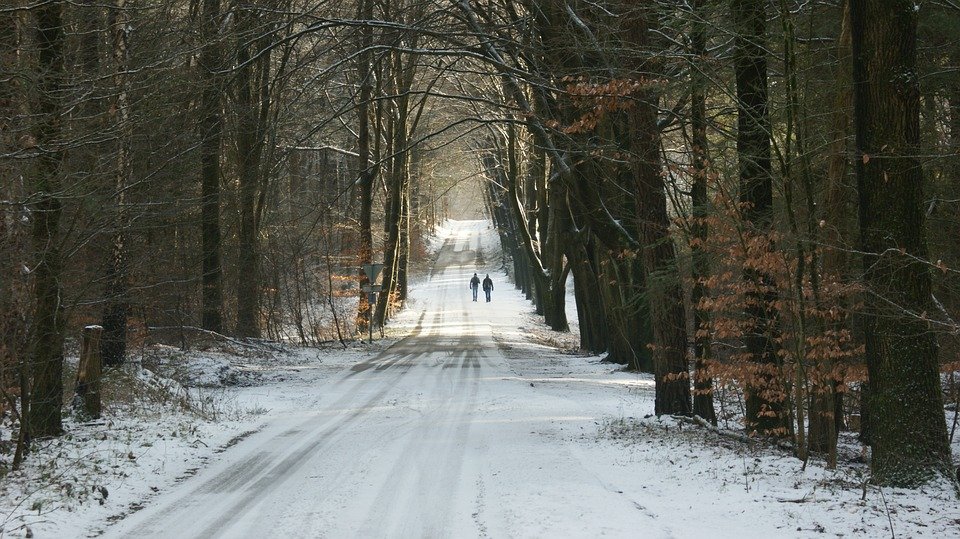The age-old debate of nature versus nurture has long intrigued scholars, philosophers, and scientists alike. At its core, this discussion seeks to understand the influences of genetic predisposition (nature) and environmental factors (nurture) on human behavior and culture. However, when we shift our focus to Indigenous lifestyles, a more nuanced perspective emerges—one that recognizes the synthesis of nature and nurture in fostering resilient, sustainable communities deeply attuned to their environment.
Indigenous Wisdom: A Harmonious Relationship with Nature
Indigenous cultures around the world offer profound insights into the interplay between humans and the natural world. Traditionally, these societies have lived in harmony with their environment, developing systems of knowledge and practices that are rooted in a deep understanding of local ecosystems. This understanding is not merely anecdotal but is shaped by generations of observation and interaction—a rich tapestry of experience that informs sustainable living.
For example, Indigenous peoples often practice what can be described as "holistic ecology," a worldview that sees human beings as integral components of the environment rather than as separate entities. This perspective is reflected in land management techniques, such as controlled burns used by many Indigenous communities in North America to promote biodiversity and reduce the risk of catastrophic wildfires. Such practices highlight an important characteristic of Indigenous wisdom: the ability to utilize natural resources thoughtfully and sustainably.
Nurturing Culture through Nature
Indigenous lifestyles celebrate a profound respect for nature, imparting a sense of stewardship that transcends generations. Elders play a crucial role in this process, offering guidance not only about the land but also about cultural practices, traditional ecological knowledge, and social values. This wisdom is transmitted through storytelling, rituals, and communal activities, emphasizing the importance of nurturing both the environment and the human spirit.
In many Indigenous cultures, there exists a reciprocal relationship with nature, where both human beings and the environment are seen as living entities with rights and responsibilities. For instance, the Maori of New Zealand embody this relationship through the concept of "kaitiakitanga," which refers to guardianship of the natural world and the responsibilities that come with it. This holistic view fosters a sense of belonging and accountability, grounding individuals within their community and their place in the ecosystem.
Contemporary Relevance: Lessons from Indigenous Practices
As modern societies grapple with climate change, biodiversity loss, and social inequalities, Indigenous wisdom offers invaluable lessons in resilience and sustainability. Many Indigenous practices provide innovative solutions to contemporary challenges, often emphasizing respect for the earth and its resources. Collaborative approaches, such as Indigenous-led conservation initiatives, demonstrate the potential of integrating traditional knowledge with scientific methodologies.
An exemplary case is the resurgence of Indigenous fire management practices in Australia, where traditional burning techniques are increasingly recognized for their ability to reduce bushfire risks and promote ecological health. By combining Indigenous knowledge with modern environmental science, there is a growing movement toward more effective land management strategies that respect the intricate balance of ecosystems.
Furthermore, Indigenous perspectives on community and social responsibility challenge the individualism often found in Western societies. The emphasis on collective well-being and the interconnectedness of all life invites us to rethink our values and lifestyles. In an era marked by increasing social fragmentation, Indigenous philosophies encourage dialogue, cooperation, and mutual respect.
Conclusion: Embracing a Synergy of Nature and Nurture
The exploration of Indigenous lifestyles reveals a profound understanding of the complexities of nature and nurture. By emphasizing the importance of stewardship, community, and holistic practices, these cultures illuminate pathways toward more sustainable and equitable futures. The lessons gleaned from Indigenous wisdom must not only inform contemporary environmental policies but also encourage a broader cultural shift that respects and uplifts the knowledge of Indigenous peoples.
In embracing this synergy between nature and nurture, we begin to craft a more harmonious existence—one that honors the intricate relationships we share with the world around us and nurtures the deep-seated wisdom that has emerged across countless generations. As we look toward the future, let us seek inspiration from Indigenous communities and their harmonious ways of life, ensuring that the wisdom of our ancestors guides us in the stewardship of the earth for generations to come.




